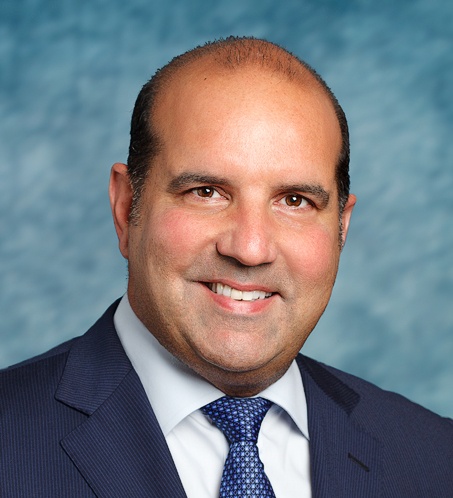 PERSON OF THE WEEK: Some professions are not for the faint-hearted – and if the events of the last few years provide any indication, many people might believe that mortgage servicing falls into the category of hazardous occupations. Or perhaps that's a bit too extreme of a view? To get a better understanding of today's servicing world, MortgageOrb spoke with John Vella, chief operating officer at Los Angeles-based Equator LLC.
PERSON OF THE WEEK: Some professions are not for the faint-hearted – and if the events of the last few years provide any indication, many people might believe that mortgage servicing falls into the category of hazardous occupations. Or perhaps that's a bit too extreme of a view? To get a better understanding of today's servicing world, MortgageOrb spoke with John Vella, chief operating officer at Los Angeles-based Equator LLC.
Q: Now that the Consumer Financial Protection Bureau (CFPB) has begun rolling out its new rules and standards, are servicers able to operate with a greater degree of certainty?
Vella: Yes, they can. The CFPB's final rules did not vary much from the pending rules, so servicers had a good idea of what to expect in advance of the announcement. Servicers also have until January to be in full compliance, which allows them time to prepare. Now that the rules have been finalized and standards set, servicers can solidify their models and operate with more certainty.
Q: Do you believe that the worst of the foreclosure crisis is behind us, or will this issue continue to plague servicers throughout this year?
Vella: To the outside world, it appears that the foreclosure crisis is winding down and somewhat behind us. From the internal view, with a large number of loan modifications reaching peak default periods and foreclosure timelines extending, the shadow inventory of serious delinquent loans, real estate owned (REO) and loans in foreclosure still remains in the 3,000,000 range.Â
With an inventory of this size, loan modifications hitting peak defaults and portfolios changing hands so rapidly, the default world inside servicing shops will be in the forefront for at least the next three years. If interest rates rise and foreclosures speed up and result in REO, property values could flatten out again, and we could see troubled markets continue to be an issue with oversupply.Â
We will not see the post-2007 issues and volume, but we will continue to see considerable activity in the default space of this industry because of compliance, portfolio transfers and loans in process converting to REO.
Q: Shifting to the default space, what do you see as the general trends impacting today's default processes?
Vella: The default space is trending to more standardization of process and strategies centered around rules being handed down by investors and government agencies. The requirements to meet compliance standards have increased costs and affected all aspects of default from hiring to technology. Standardization of the way defaulted loans are managed has allowed servicers to be more rules- and workflow-driven to ensure compliance across all of their staff and third party vendors. Risk management, procurement and audit teams have increased in size and have become part of the default operations process.
In addition to the way the entire default process is trending, servicers' and investors' loss mitigation strategies are adjusting to the current market. With elongated foreclosure timelines, loans are sitting in default much longer causing increased advances as well as more opportunity to contact the borrower. As a result, more loan modifications and short sales will be done to lessen expenses and lower severity.
Default processes are also impacted with the use of technology to properly model delinquent loans ensuring all compliance rules are met and documented. By segmenting loans after the rules are run, loans can then be properly distributed based on risk, investor, skill set and capacity. This model allows for a constant reconciliation of delinquent loans, as well as making sure all loans are being worked by the right party.
Q: Quite frankly, why would anyone want to work in mortgage servicing?
Vella: Easy answer: Once you experience the constant chaos that surrounds mortgage servicing you either run for the door or become a servicing junkie. As most of us who have been doing this forever will tell you, running or being in a mortgage servicing operation is addictive – you become accustomed to the daily challenges, changes and adrenaline rush. Â
It takes a certain breed to last in this business because you have to be resilient to stand the test of time. Not everyone can handle the demands of the job, but there are periods of success that make it work. I view it as a team game, where in order to be successful, everyone has to do their job. This team concept is what forges bonds amongst people who work together for years, and when they move on, they eventually get most of the team to move with them.













